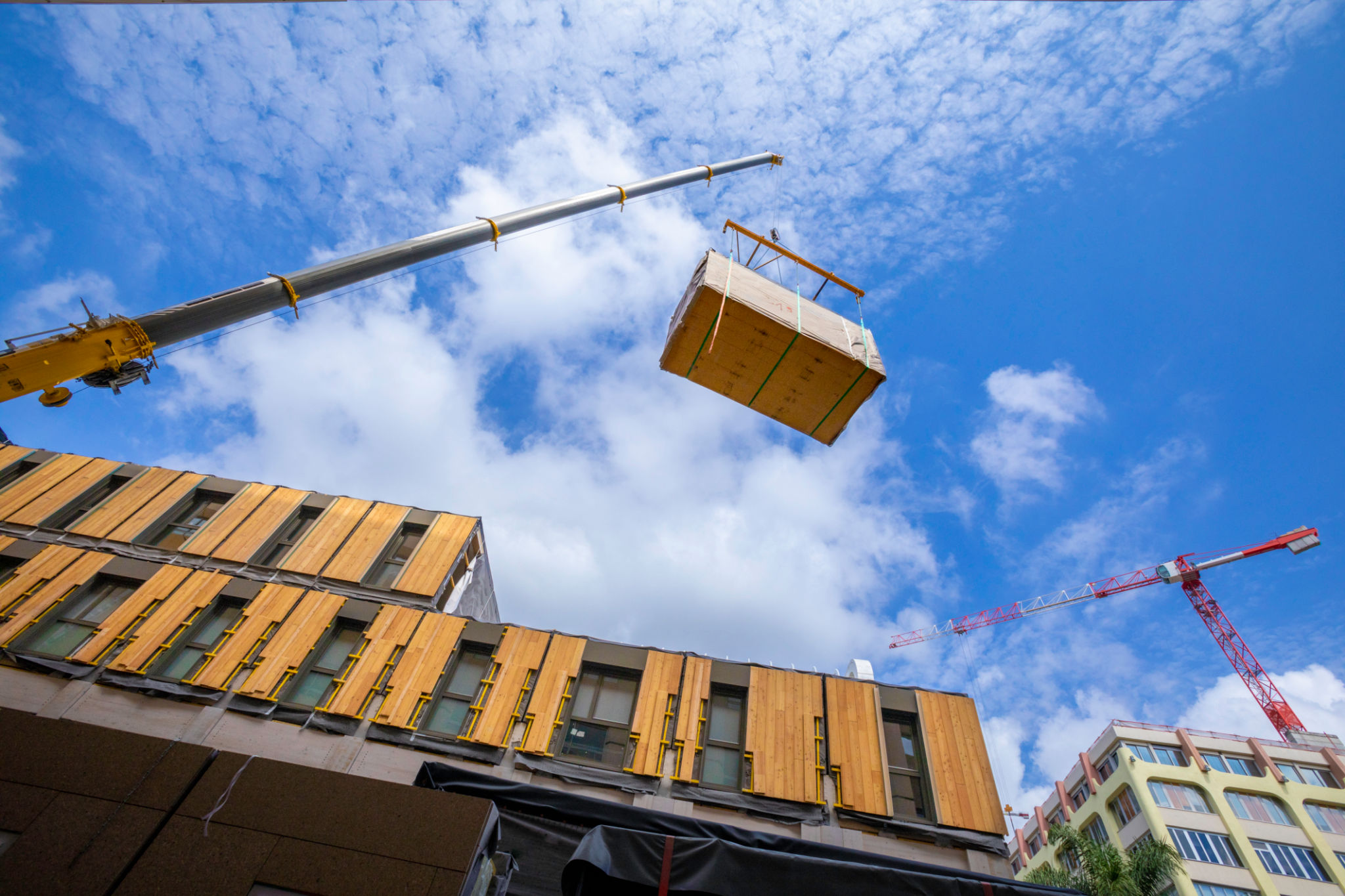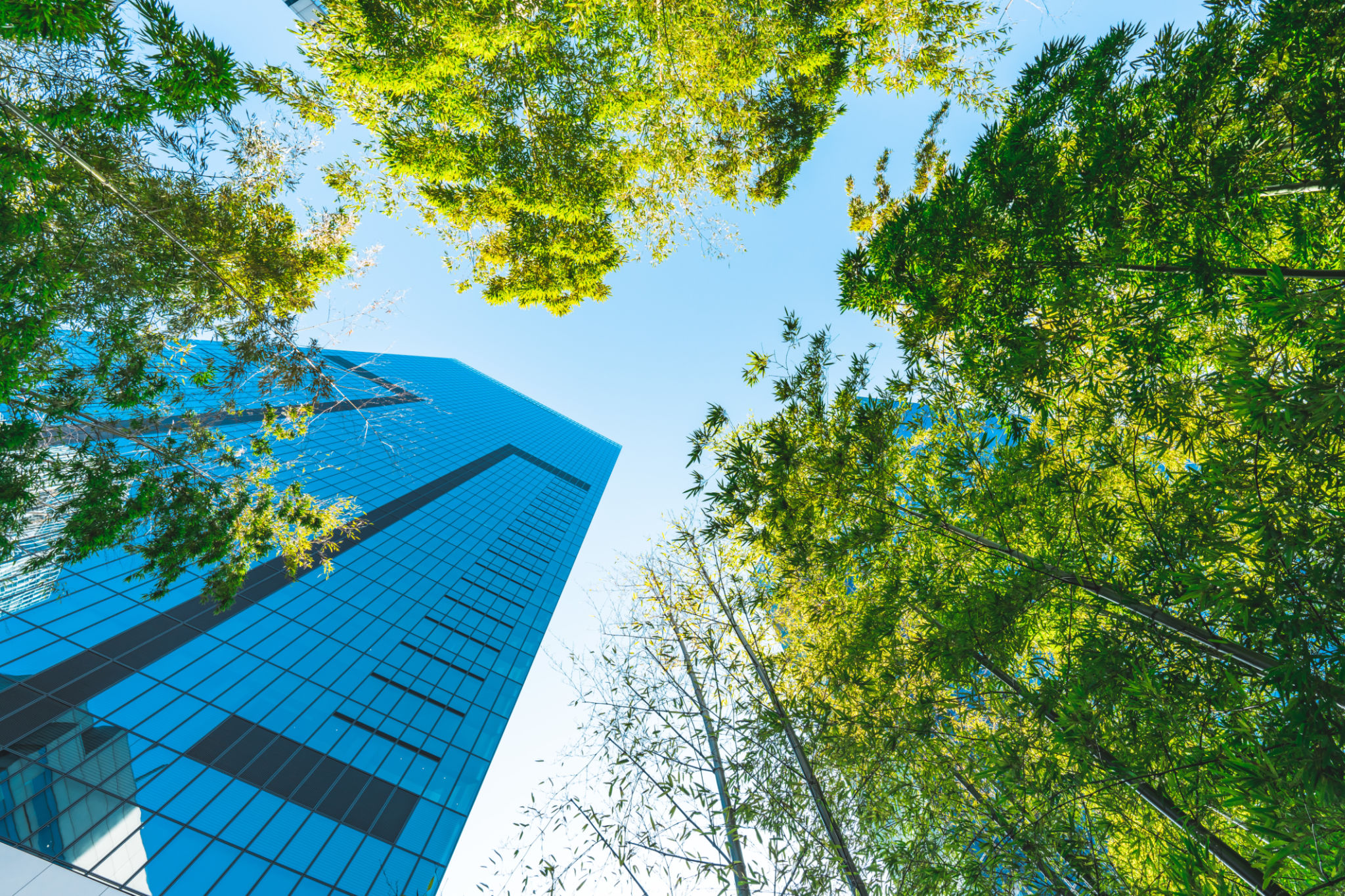The Ultimate Guide to Sustainable Building Practices in the UK
Understanding Sustainable Building Practices
Sustainable building practices are gaining momentum in the UK, as the emphasis on reducing environmental impact and promoting energy efficiency becomes more critical. These practices involve using materials and methods that minimize ecological footprints while enhancing the well-being of occupants. By adopting sustainable building techniques, developers can create structures that are more resilient and efficient.

Key Principles of Sustainable Building
Several key principles guide sustainable building practices. First, *energy efficiency* is paramount. This involves designing buildings that use less energy for heating, cooling, and lighting. Another principle is the use of *renewable resources*. Sustainable buildings often incorporate materials like bamboo or recycled steel, which have a lower environmental impact compared to conventional materials.
Water conservation is another critical component. Through the installation of systems like rainwater harvesting and greywater recycling, buildings can significantly reduce water use. Finally, improving indoor air quality by using non-toxic materials and implementing proper ventilation systems ensures a healthier living environment for occupants.

The Role of Technology in Sustainable Building
Technology plays a crucial role in advancing sustainable building practices. Smart building technologies, such as energy management systems and IoT devices, help optimize energy use and enhance building performance. These technologies allow for real-time monitoring and control of energy consumption, leading to more efficient operations.
Moreover, the integration of renewable energy sources like solar panels and wind turbines is becoming increasingly common. These technologies not only reduce reliance on fossil fuels but also contribute to a building's energy autonomy. Implementing such solutions can lead to significant cost savings for both builders and occupants over time.

Government Initiatives and Regulations
The UK government has introduced several initiatives to promote sustainable building practices. The *Building Regulations 2010* includes specific standards for energy conservation, which architects and builders must adhere to. Additionally, the *Green Deal* program provides financial incentives for homeowners to implement energy-saving improvements.
Furthermore, local authorities often encourage sustainable development through planning policies that prioritize environmentally-friendly construction methods. These policies aim to support the UK's commitment to reducing carbon emissions and achieving net-zero targets by 2050.

Challenges and Opportunities
While sustainable building practices offer numerous benefits, they also present certain challenges. The initial cost of implementing these practices can be higher compared to traditional methods. However, the long-term savings in energy and maintenance costs often outweigh these initial expenses.
Additionally, there is a growing demand for professionals skilled in sustainable design and construction. This demand creates opportunities for training and development programs that focus on eco-friendly building techniques. As awareness and expertise increase, the adoption of sustainable practices is likely to accelerate.
The Future of Sustainable Building in the UK
The future of sustainable building in the UK looks promising, with continued advancements in technology and growing public awareness driving change. As more projects demonstrate the viability and benefits of sustainable construction, these practices are expected to become the norm rather than the exception.
Ultimately, sustainable building practices contribute significantly to environmental preservation and economic stability. By embracing these strategies, the UK can lead the way in creating a built environment that supports both people and the planet.

